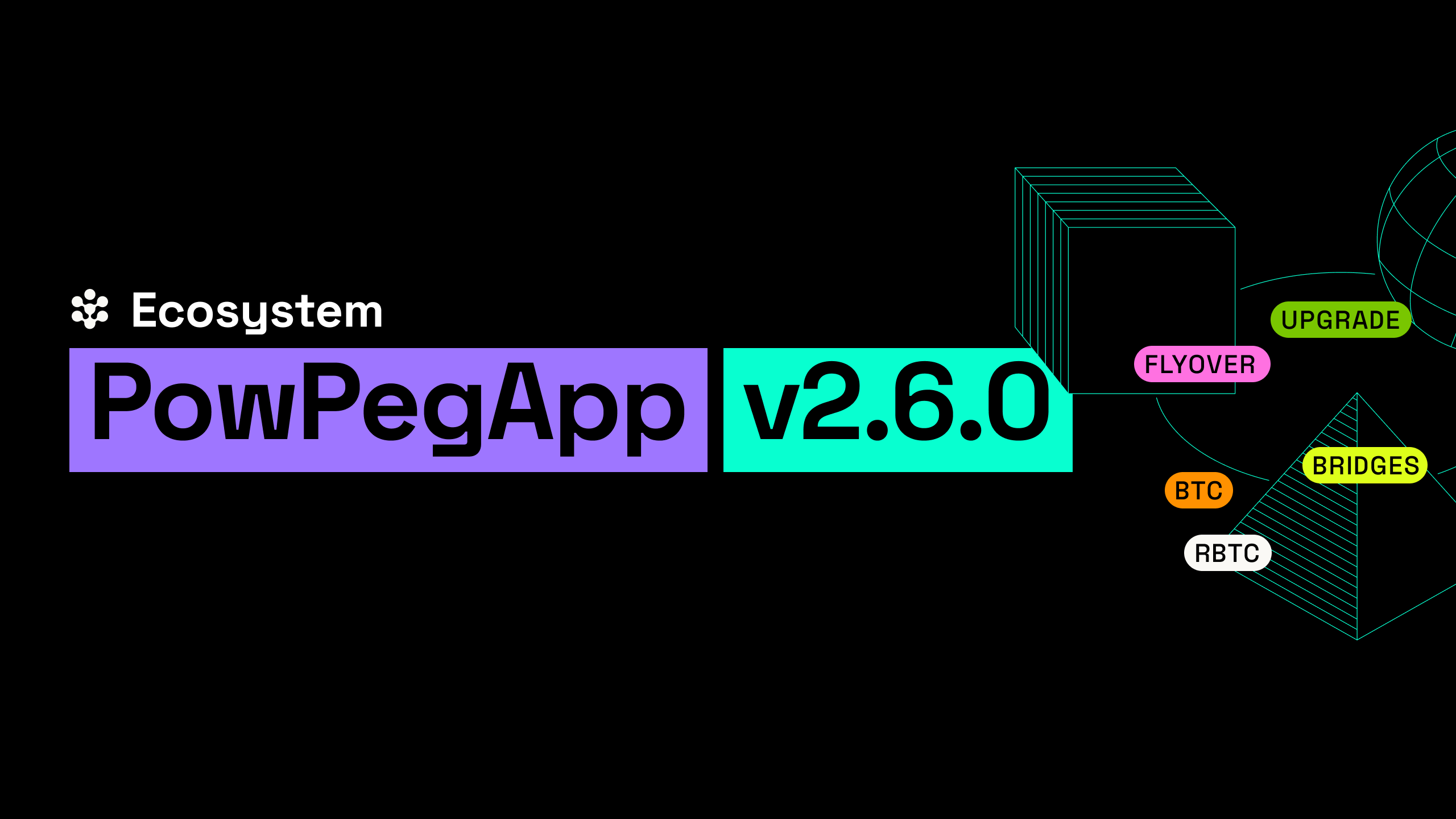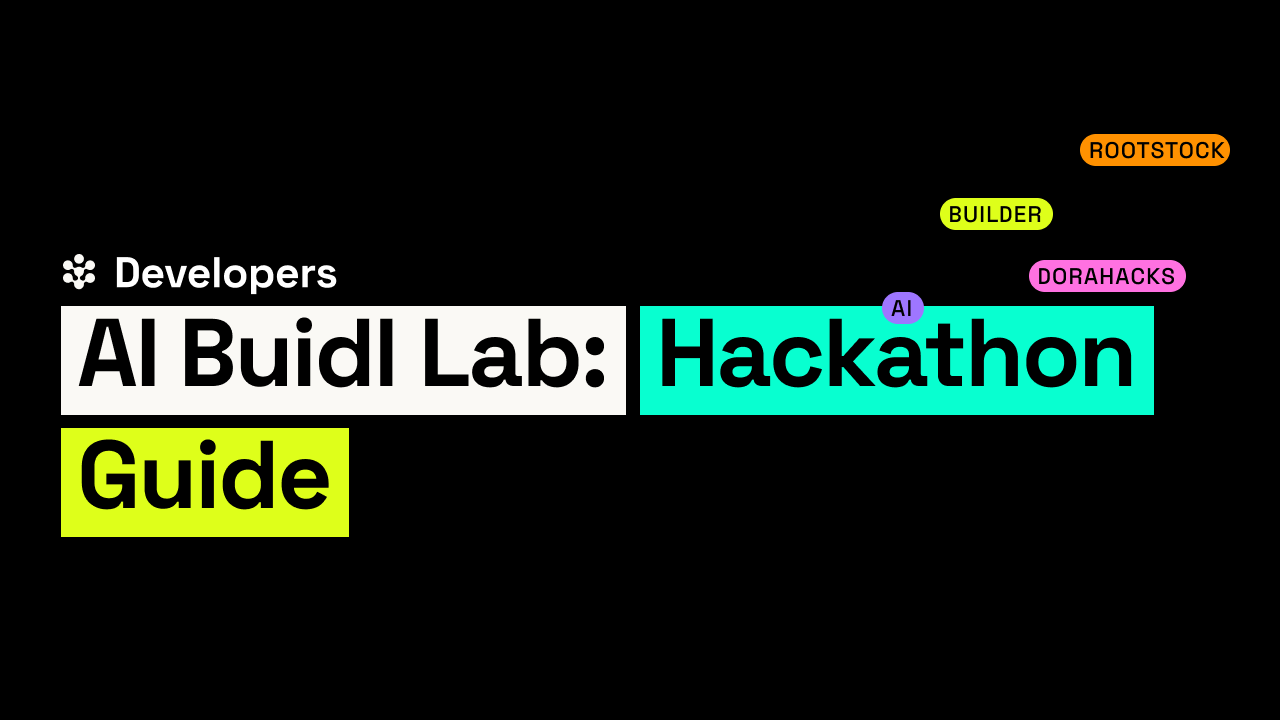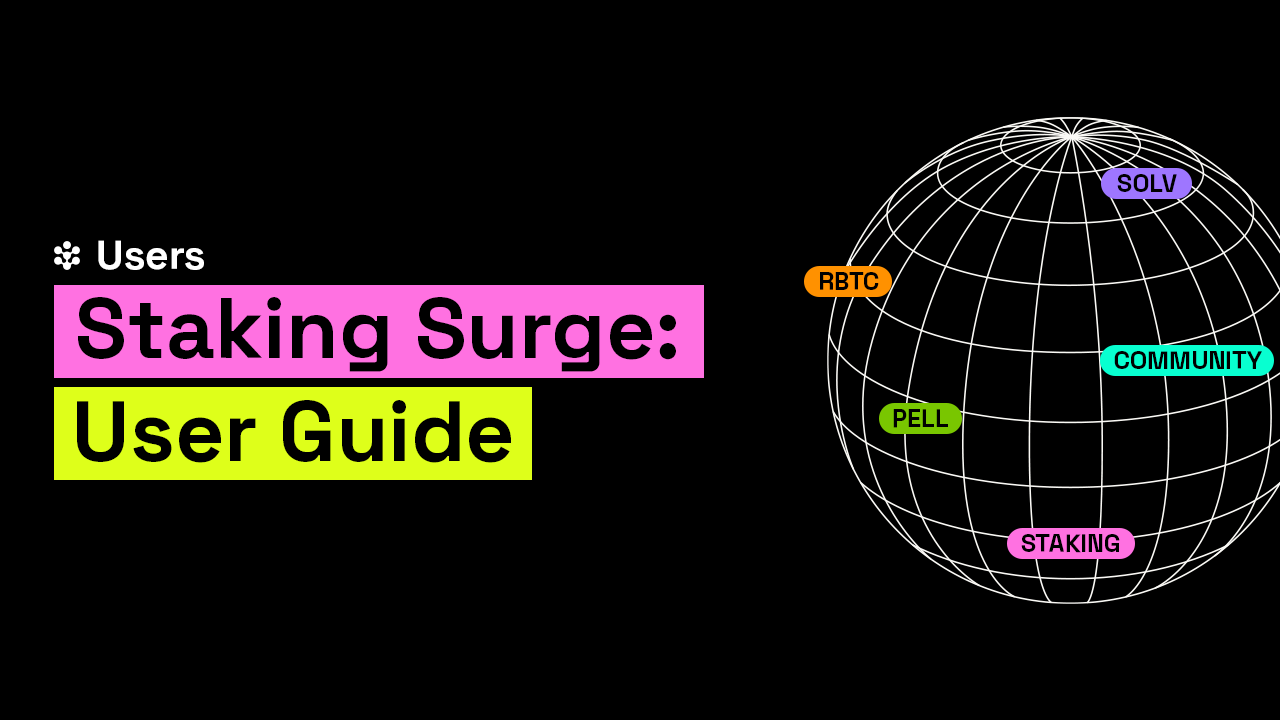What is RskSwap?
RskSwap automated market makers, or AMMs, is a class of decentralized exchanges that rely on mathematical formulas to set the price of a token. This allows users to swap ERC20 tokens instantly charging a 0.3% fee. This fee goes to the liquidity providers, they are users that locked their tokens on Uniswap to get revenue from these fees. If you want to learn more about pricing you can read https://rskswap.com/docs/v2/advanced-topics/pricing/
Traditionally token swaps require buyers and sellers to create liquidity. Uniswap creates markets automatically. RskSwap was designed to help solve decentralized exchanges’ liquidity problem.
The main strengths of RskSwap are:
– It is decentralized. No one controls it.
– It is permissionless. Anyone can use it.
– It is secure. Anyone can verify execution.
– It is censorship resistant. No one can stop it.
How can I swap tokens?
Swapping is intuitive, a user picks an input token and an output token. They specify an input amount and the protocol calculates how much of the output token they’ll receive. They then execute the swap with one click, receiving the output token in their wallet immediately. You just need to use the Dapp app.rskswap.com, have nifty wallet or metamask installed and enough RBTC to pay the transaction and the token you want to swap.
How can I list ERC20 Tokens?
Any ERC20 token can be listed on RskSwap. No permission is required. Each token has its own smart contract and liquidity pool. If there is none, it can be created easily. Once a token has its own exchange smart contract and liquidity pool, anyone can trade the token or contribute to the liquidity pool while earning a liquidity provider fee of 0.3%.
How are RskSwap tokens produced?
Whenever new pair of tokens are contributed to a RskSwap liquidity pool, the contributor receives a “pool token”, which is also an ERC20 token. Pool tokens are created whenever funds are deposited into the pool and as an ERC20 token, pool tokens can be freely exchanged, moved and used in other dapps. When funds are reclaimed, the pool tokens are burned or destroyed. Each pool token represents a user’s share of the pool’s total assets and share of the pool’s 0.3% trading fee. If you are interested in becoming a liquidity provider read https://rskswap.com/docs/v2/core-concepts/pools/.
Understanding returns
RskSwap incentivizes users to add liquidity to pools by rewarding providers with fees on trades. Market making, in general, is a complex activity which has the risk of losing money (compared to just hodling) in the case of big directional moves of the underlying asset price (
see https://rskswap.com/docs/v2/advanced-topics/understanding-returns/).
Who created it?
RskSwap is a fork of the Uniswap V2 Protocol, the most widely-used decentralized exchange (DEX) on Ethereum and one of the engines that keep DeFi running.It was created by thinkanddev.com to empower developers, liquidity providers and traders to participate in a financial marketplace that is open and accessible to all.
Community
RskSwap is just getting started. You can follow us at twitter https://twitter.com/RskSwap or Telegram https://t.me/RSKSwap


